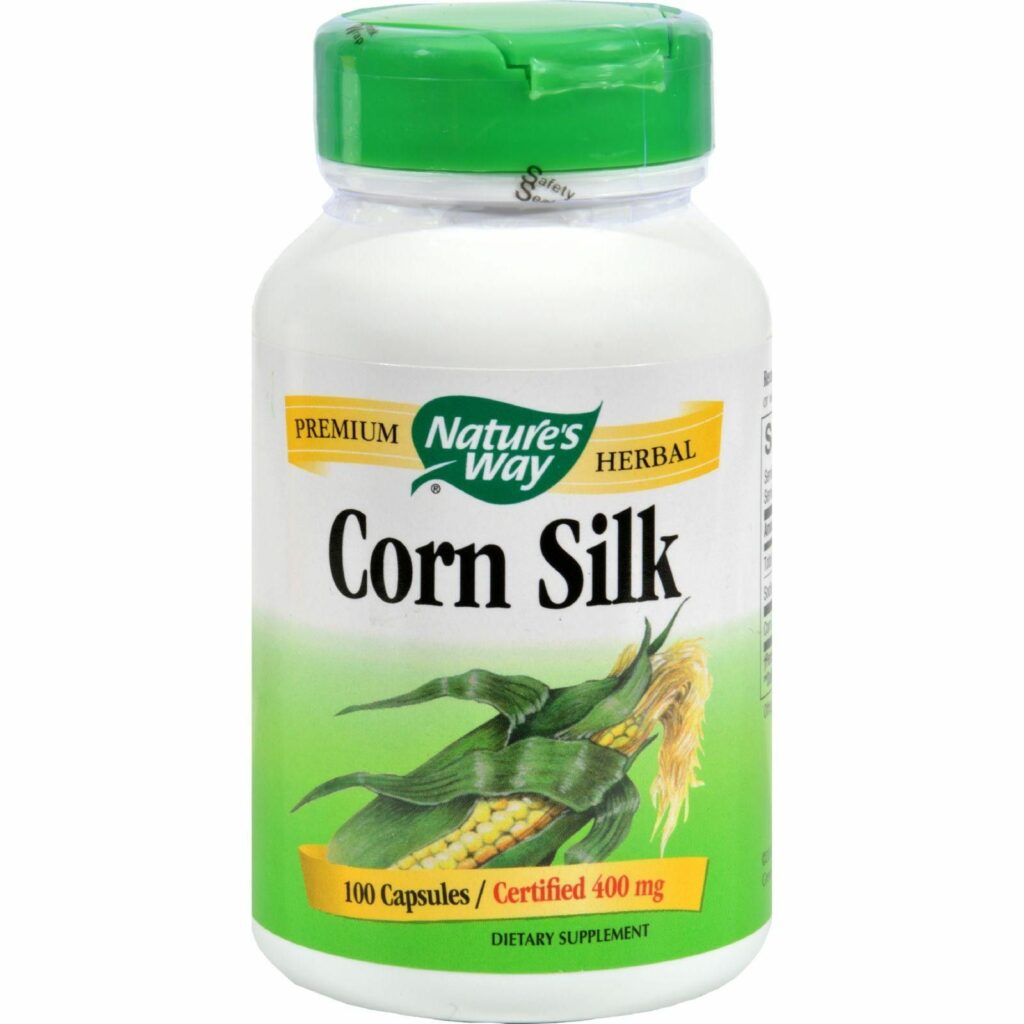Introduction
Corn silk, the shiny fibers found inside the husk of corn cobs, has been used for centuries in traditional medicine practices. While corn is primarily known as a staple food, its silk, often overlooked, possesses a range of health benefits. In recent years, corn silk supplements have gained popularity as a natural remedy to support various aspects of well-being. In this comprehensive guide, we will delve into the potential benefits of corn silk supplements, exploring their traditional uses and scientific evidence.
Rich in Nutrients
Corn silk is a rich source of essential nutrients, including vitamins, minerals, and antioxidants. It contains vitamin C, vitamin K, potassium, calcium, iron, and various bioactive compounds. These nutrients can play a significant role in maintaining overall health and supporting bodily functions.
Urinary Tract Health
One of the most well-known traditional uses of corn silk is its potential to support urinary tract health. Corn silk has diuretic properties, meaning it can increase urine production and promote urinary flow. This effect may help flush out toxins and potentially reduce the risk of urinary tract infections, kidney stones, and other urinary system-related issues.
Blood Sugar Regulation
Research suggests that corn silk may have antidiabetic properties, potentially aiding in the regulation of blood sugar levels. Some studies have indicated that corn silk extracts can help lower blood glucose levels, increase insulin sensitivity, and improve the functioning of pancreatic cells. However, further research is needed to establish the exact mechanisms and clinical applications of corn silk in managing diabetes.
Anti-Inflammatory Effects
Corn silk possesses anti-inflammatory properties that may help alleviate inflammation in the body. Inflammation is linked to various chronic conditions, such as arthritis, cardiovascular diseases, and certain cancers. The bioactive compounds present in corn silk can inhibit the release of inflammatory molecules, potentially reducing inflammation and promoting overall well-being.
Antioxidant Support
Antioxidants are vital for combating oxidative stress and reducing cellular damage caused by free radicals. Corn silk is a rich source of antioxidants, including flavonoids, phenolic compounds, and carotenoids. These antioxidants can help neutralize free radicals, protect cells from oxidative damage, and potentially reduce the risk of chronic diseases, including heart disease and certain types of cancer.
Digestive Health
Corn silk may also contribute to digestive health. It contains dietary fiber, which can aid in promoting regular bowel movements, preventing constipation, and maintaining a healthy digestive system. Additionally, corn silk’s soothing properties may help reduce gastrointestinal inflammation and support overall gut health.
Skin and Hair Health
The antioxidant and anti-inflammatory properties of corn silk can have positive effects on skin and hair health. Corn silk extracts are often used in skincare products due to their potential to improve skin elasticity, reduce inflammation, and enhance wound healing. Additionally, applying corn silk extracts to the scalp may help alleviate dandruff, moisturize the scalp, and promote healthier hair.
Antimicrobial Activity
Studies have found that corn silk possesses antimicrobial properties, which may help inhibit the growth of certain bacteria and fungi. These properties suggest that corn silk could have potential applications in treating skin infections, wound healing, and maintaining oral health. However, more research is necessary to determine the specific antimicrobial effects and their clinical relevance.
Conclusion
Corn silk supplements offer a range of potential health benefits, supported by both traditional use and scientific research. From supporting urinary tract health and blood sugar regulation to providing antioxidant and anti-inflammatory effects, corn silk can contribute to overall well-being. However, it’s important to note that while corn silk is generally considered safe, individuals with specific medical conditions or those taking medications should consult their healthcare provider before starting any new supplement. As with any dietary supplement, it’s crucial to choose high-quality products from reputable sources and follow the recommended dosage guidelines.

